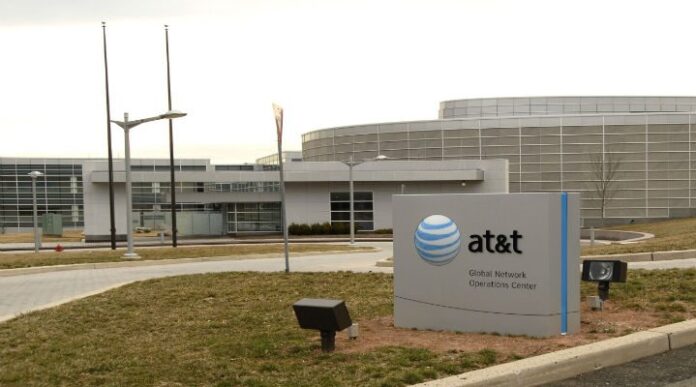The Federal Trade Commission has filed a court complaint against AT&T Mobility over the mobile operator’s throttling of data speeds for “unlimited” data customers. The court action, which was coordinated with the Federal Communications Commission, alleges “unfair and deceptive” practices tied to the unlimited data claim.
The complaint, which was filed in a San Francisco federal court, alleges that AT&T Mobility did not adequately inform customers on unlimited data plans that they would have their data speeds reduced once they reached a certain amount of data used. The FTC notes that AT&T Mobility’s move in 2011 to begin throttling data speeds for unlimited data customers once they hit 2 gigabytes of usage per month, “often resulting in speed reductions of 80% to 90% for affected users.” The FTC claims such practices have impacted at least 3.5 million unique customers a total of more than 25 million times.
“Customer complaints poured into the company, the Better Business Bureau and government agencies,” the FTC noted in a blog post explaining its action. “AT&T has received more than 190,000 customer calls about throttling.”
The FTC court complaint argues that AT&T Mobility has violated FTC regulations “by changing the terms of customers’ unlimited data plans while those customers were still under contract, and by failing to adequately disclose the nature of the throttling program to consumers who renewed their unlimited data plans.” The FTC claims that some consumers only received a single notice in their billing statement on the change in practice, with that notice not explaining the extent of the measures.
AT&T Mobility parent company AT&T countered the claim, stating the allegations were “baseless and have nothing to do with the substance of our network management program.”
“It’s baffling as to why the FTC would choose to take this action against a company that, like all major wireless providers, manages its network resources to provide the best possible service to all customers, and does it in a way that is fully transparent and consistent with the law and our contracts,” noted Wayne Watts, SEVP and general counsel at AT&T, in a statement. “We have been completely transparent with customers since the very beginning. We informed all unlimited data-plan customers via bill notices and a national press release that resulted in nearly 2,000 news stories, well before the program was implemented. In addition, this program has affected only about 3% of our customers, and before any customer is affected, they are also notified by text message.”
Following its initial move in 2011 to throttle the top 5% of data users, AT&T Mobility in 2012 expanded the unthrottled portion of data usage for unlimited customers to 3 GB, which at that time aligned with the carrier’s move to offer a capped data package at the same price it was charging for unlimited data. AT&T Mobility claimed that customers using more than 3 GB of data per billing cycle are the top 5% of consumers of data traffic on its network and thus need to have their data speeds cut in order for the carrier to sufficiently handle its network traffic.
Mobile data speed throttling has become a common practice among wireless operators, though most current means involve trimming network speeds once a customer reaches the limit of a data bucket.
Verizon Wireless recently pulled back on plans to implement a controversial “network optimization” program across its LTE network that would have limited network speeds for customers with “unlimited” data plans in some instances. The plan would have mimicked a similar program the carrier has set up for its legacy CDMA-based 3G network that impacts all users when a specific cell site experiences congestion issues. Verizon Wireless recently stated that 76% of its total data traffic is now traversing its LTE network.
Verizon Wireless’ plan drew a letter from FCC Chairman Tom Wheeler, who said he was “deeply disturbed” by the move, and accused the carrier of abusing the principle of network management to try to reap more profit from its customers.
“’Reasonable network management’ concerns the technical management of your network; it is not a loophole designed to enhance your revenue streams,” Wheeler wrote.
In his letter, Wheeler asked Verizon Wireless to address three issues: first, to explain its rationale for treating customers differently based on their data plans, and specifically, why it included a statement encouraging LTE customers with unlimited data plans to switch to capped plans to avoid any data slowdown; second, the chairman wanted to know why the company was extending its 3G speed reductions to its much faster LTE network; and third, Wheeler asked Verizon Wireless to explain how the policy meets the rules for its 700 MHz license, which states that the carrier cannot deny, restrict or limit the ability of end users to download and use applications of their choosing.
Both Verizon Wireless and AT&T Mobility have rolled out shared data bucket offerings designed to allow multiple lines of service to share in a specific allotment of mobile data. Those plans also charge customers a usage fee for going over their allotted data.
Bored? Why not follow me on Twitter

